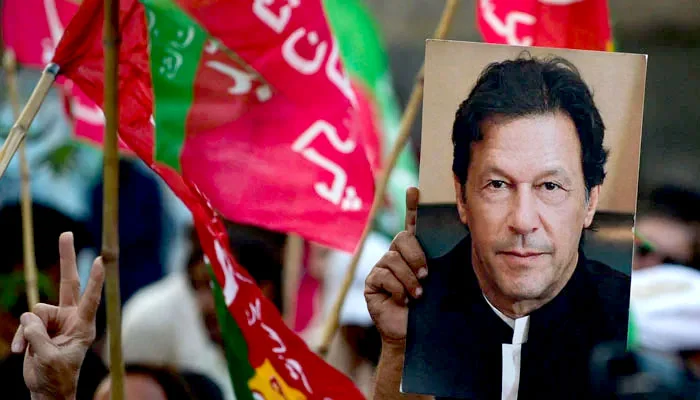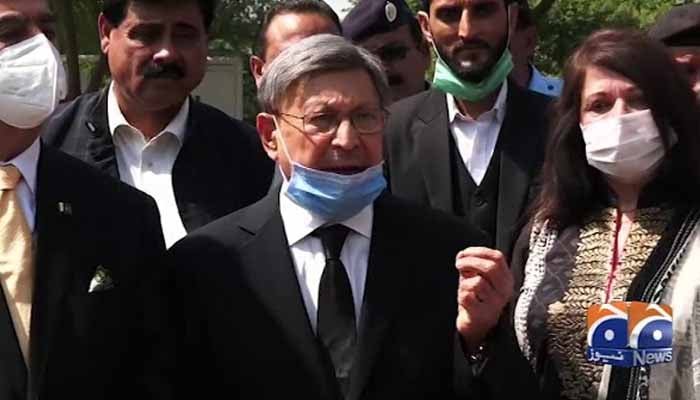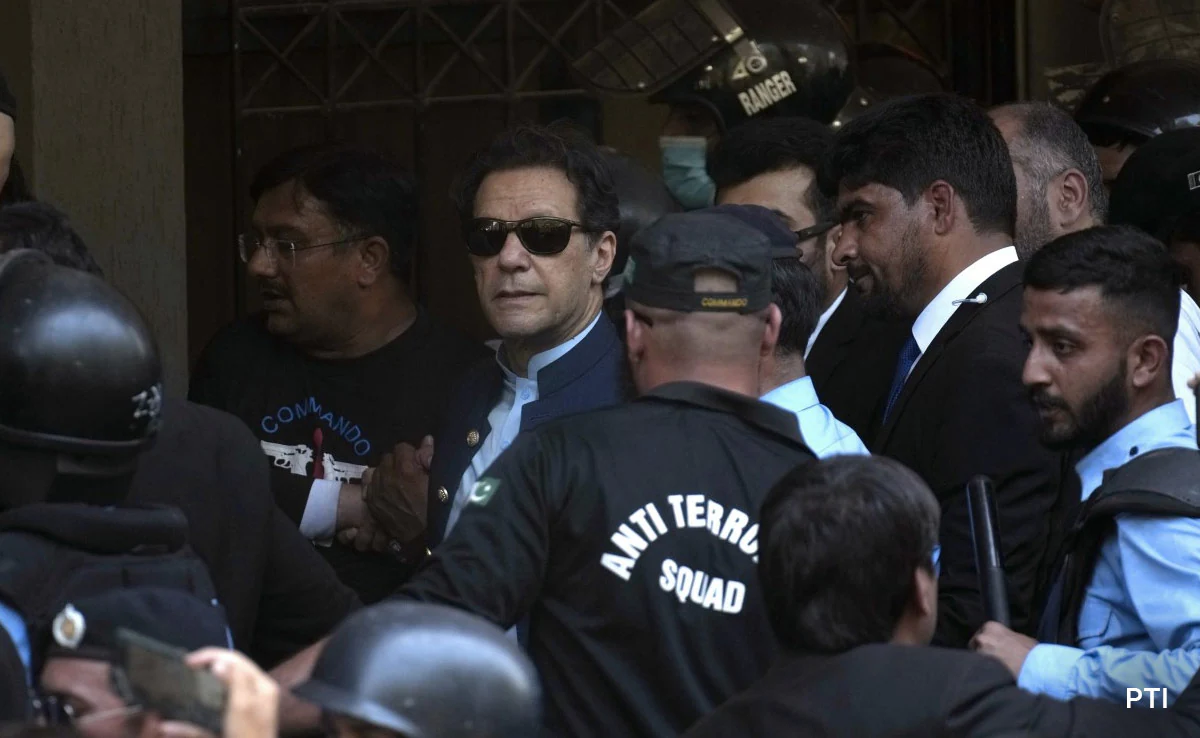In a significant legal and political development, Pakistan Muslim League-Nawaz (PML-N) senior leader and Advisor to the Prime Minister, Rana Sanaullah, has emphasized that contempt of court action cannot be taken against Prime Minister Shehbaz Sharif for not implementing the Supreme Court’s decision regarding specific seats. The issue revolves around the allocation of reserved seats for women and minorities in the provincial assemblies, a matter that has sparked a national debate on the intersection of legal authority and political maneuvering.
Rana Sanaullah’s Position on Contempt of Court
In a televised interview on Geo News’ popular political show “Capital Talk,” Rana Sanaullah addressed the controversy, stating that the possibility of contempt of court action against the Prime Minister does not exist. Drawing attention to a previous political situation, Sanaullah mentioned that the history of former Prime Minister Yusuf Raza Gilani, who faced contempt of court proceedings, would not be repeated in this case. Gilani was disqualified in 2012 for contempt of court after refusing to write a letter to Swiss authorities to reopen corruption cases against then-President Asif Ali Zardari.
The senior PML-N leader suggested that the issue of reserved seats is currently under review by the Supreme Court. He urged the full court to hear the case and resolve the situation, which has caused political and legal uncertainty. His comments reflect the government’s desire to let the judicial process take its course rather than taking immediate action based on the initial ruling.
Salman Akram Raja’s Viewpoint: Contempt is a Possibility
However, the narrative presented by Pakistan Tehreek-e-Insaf (PTI) leader and legal expert Salman Akram Raja contrasts sharply with that of Rana Sanaullah. During the same program, Raja expressed his belief that contempt of court action could indeed be taken against the Prime Minister and the Election Commission of Pakistan (ECP) for their failure to follow the Supreme Court’s ruling. Raja’s assertion points to the increasing tension between the judiciary and the executive, with legal experts divided over the interpretation of the court’s orders.
Raja emphasized that the Supreme Court had issued a detailed decision on the case of specific seats, particularly concerning the allocation of reserved seats for women and minorities in provincial assemblies. He highlighted that non-compliance with the court’s directives could potentially lead to serious consequences, including contempt proceedings.
The Supreme Court’s Detailed Decision on Reserved Seats
The Supreme Court’s decision, which has become the focal point of this controversy, centers on the allocation of reserved seats for political parties. The decision invalidates the Election Commission’s ruling from March 1, 2024, stating that the commission’s decision has no legal standing. The court reiterated that a political party’s constitutional right to contest elections remains unaffected by the lack of an election symbol, thus rejecting the Election Commission’s earlier stance.
The court ordered the Election Commission to allocate reserved seats for women and minorities to the PTI, a decision that directly impacts the political dynamics in the provincial assemblies. The judgment also declared that Election Rule 94, which governs the allotment of specific seats to political parties, is unconstitutional. According to the Supreme Court, Rule 94 violates Articles 51 and 106 of Pakistan’s Constitution, which relate to the structure of the National Assembly and provincial assemblies and the allocation of reserved seats.
The Legal and Political Implications
The Supreme Court’s ruling has sparked debate over the constitutionality of the Election Commission’s actions and the broader implications for Pakistan’s electoral system. On the one hand, the ruling strengthens the position of political parties by ensuring that their constitutional rights are not undermined by bureaucratic or regulatory hurdles. On the other hand, it raises questions about the Election Commission’s authority and its ability to regulate electoral processes effectively.
The decision to invalidate Election Rule 94 could lead to significant changes in how reserved seats are allocated in future elections. It may also result in increased scrutiny of the Election Commission’s decisions, as the court’s ruling establishes a precedent for challenging the commission’s authority.
Politically, the ruling benefits PTI by ensuring that the party retains its reserved seats for women and minorities, strengthening its presence in the provincial assemblies. However, the government’s reluctance to comply with the ruling immediately indicates that the issue may continue to be a point of contention between the ruling party and the opposition.
As the Supreme Court’s decision on reserved seats continues to create ripples in Pakistan’s political landscape, the legal and political implications of the ruling are far-reaching. While Rana Sanaullah has downplayed the likelihood of contempt of court proceedings against Prime Minister Shehbaz Sharif, legal experts like Salman Akram Raja argue that non-compliance with the court’s directives could have serious consequences. The situation remains fluid, with the final outcome likely to depend on how the full court handles the case in its upcoming hearings.
This ongoing legal battle underscores the complex relationship between Pakistan’s judiciary, executive, and electoral authorities, with potential implications for the country’s democratic processes and institutional integrity.



